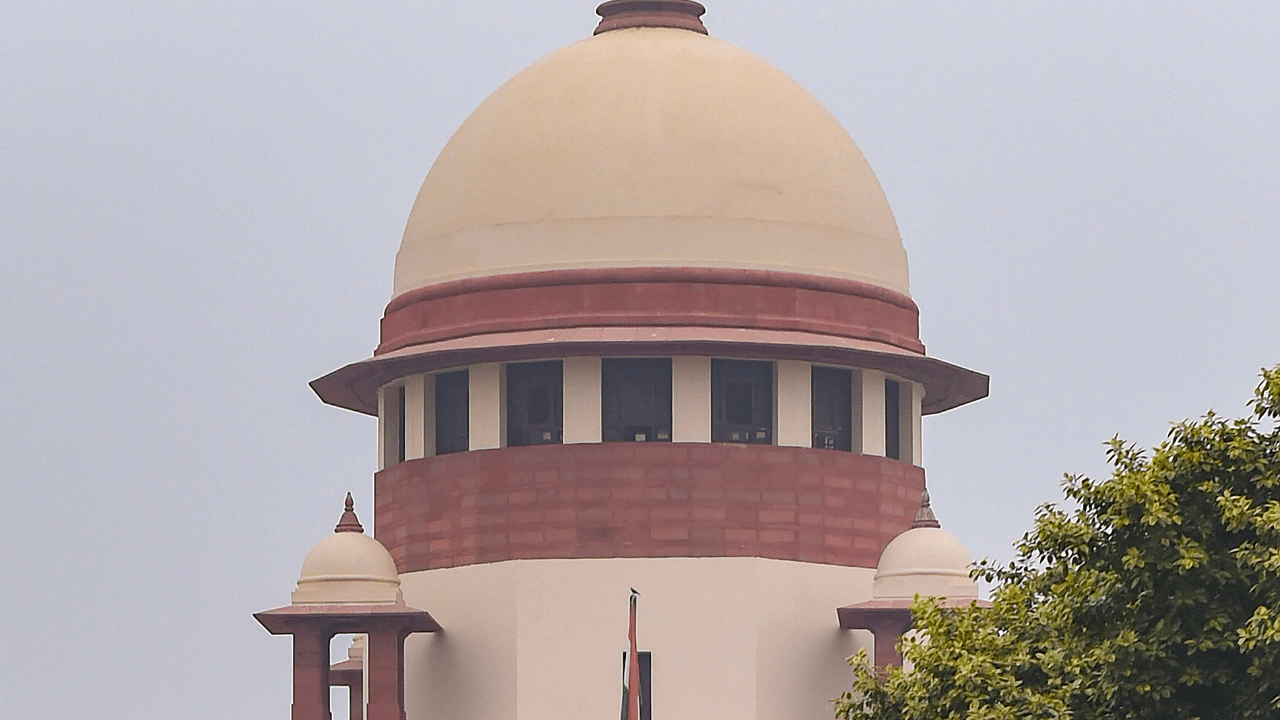
The Supreme Court on Friday issued notice to the Centre on a PIL challenging validity provisions of National Commission for Minority Education Institution Act 2004 (NCMEI), for failing to recognise minorities at the state level for the purpose of running educational institutions.
A bench of Justices Sanjay Kishan Kaul, Ajay Rastogi and Aniruddha Bose sought a response from the Union government's Ministries of Home Affairs, Law and Justice and Minority Affairs within six weeks on the petition filed by BJP leader and advocate Ashwini Kumar Upadhyay.
The petitioner contended followers of Judaism, Bahaism and Hinduism were being deprived of their basic rights to establish and administer educational institutions of their choice.
On the other hand, Muslims, who are in majority in Lakshadweep (96.58%), Kashmir (96%), Ladakh (44%), Assam (34.20%), West Bengal (27.5%), Kerala (26.60%), UP (19.30%) and Bihar (18%) can establish and administer educational institutions of their choice, he said.
Similarly, Christians, who are the majority in Nagaland (88.10%), Mizoram (87.16%) and Meghalaya (74.59%), and have a significant population in Arunachal Pradesh, Goa, Kerala, Manipur, Tamil Nadu and West Bengal, can also establish and administer their educational institutions. Likewise, Sikhs are the majority in Punjab and there is a large population in Delhi, Chandigarh, Haryana, but they can also establish and administer, he pointed out.
Similarly, Buddhists are the majority in Ladakh but they can establish and administer educational institutions of their choice.
Since January 6, 2005, when the NCMEI Act came into effect, the Centre, by using unbridled power under Section 2(f), arbitrarily notified five communities viz Muslims, Christians, Sikhs, Buddhists and Parsee as a minority at the national level against the spirit of the TMA Pai judgment.
Upadhyay sought a direction to declare Section 2(f) of the National Commission for Minority Education Institution Act 2004, as arbitrary, irrational as it violated Articles 14, 15, 21, 29 and 30 of the Constitution.
In the alternative, he said the court may direct and declare that followers of Judaism, Bahaism Hinduism, who are minorities in Laddakh, Mizoram, Lakshadweep, Kashmir, Nagaland, Meghalaya, Arunachal Pradesh, Punjab and Manipur, can establish and administer educational institutions of their choice in the spirit of the TMA Pai ruling (2002).
He also asked the court to lay down guidelines for identification of minority at State level, in order to ensure that only those religious and linguistic groups, which are socially economically politically non-dominant and numerically inferior, can establish and administer educational institutions of their choice.
